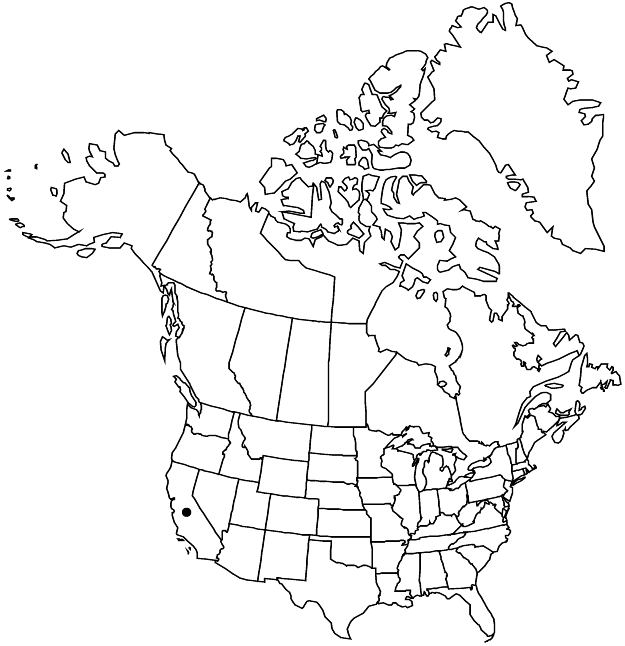Limonium sinuatum
Gard. Dict. ed. 8, Limonium no. 6. 1768.
Leaves all in basal rosettes, living at anthesis, 6–16 × 1.5–3 cm; petiole to ca. 5 cm, shorter than blade; blade oblanceolate, 6–12 cm × 1.5–36 mm, herbaceous to chartaceous, base tapered to a sinuate wing, margins pinnately lobed to 1–3 mm from midrib (lobes mostly 4–6 per side, broadest near apex), apex cuspidate, cusp 1–3 mm, soon falling; main lateral veins pinnate. Inflorescences: axes narrowly 3–5-winged, 20–40(–50) cm × 3–5 mm, hispid (hairs to 1.5 mm), wings to 3 mm wide, each with ± leaflike, linear, hispid appendage 2–8 × 0.2–0.5 cm usually at branch points; nonflowering branches absent, spikelets moderately to densely aggregated at branch tips; internodes mostly 5–10 mm; subtending bracts 5–10 mm, narrowly acuminate or often awned at tips, surfaces and margins hispid; flowers 1–3 per spikelet. Flowers: calyx blue to lavender distally, funnelform, glabrous or minutely hairy on tube, lobes not distinct, expanded portion spreading, 5–7 mm, erose; petals pale yellow, exceeding calyx 2–4 mm. Utricles ca. 5 mm. 2n = 16, 18.
Phenology: Flowering Mar–Oct.
Habitat: Disturbed coastal areas, vacant lots, old fields, roadsides
Elevation: 0-300 m
Distribution

Calif., Mediterranean region, w Asia.
Discussion
Selected References
None.